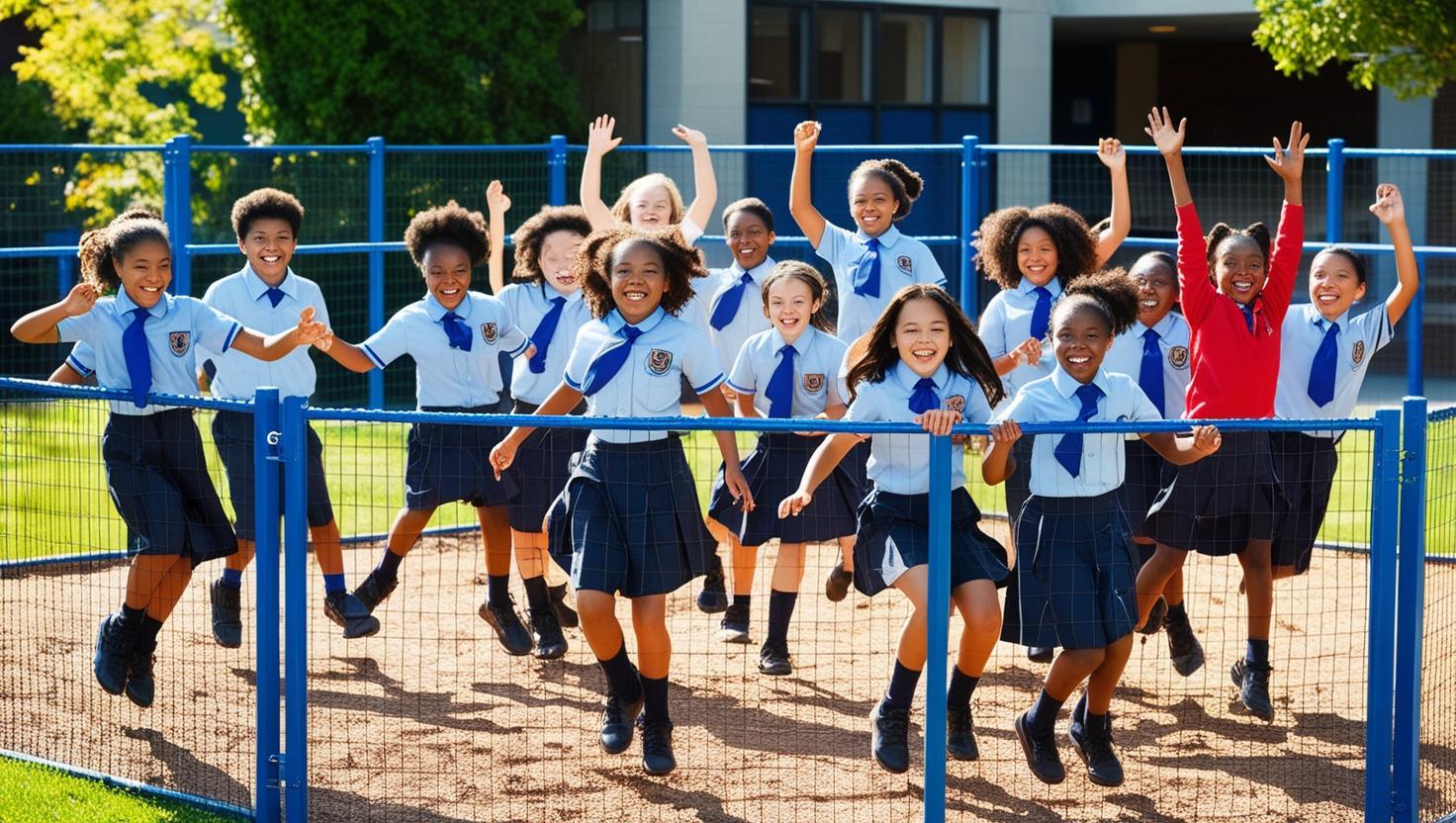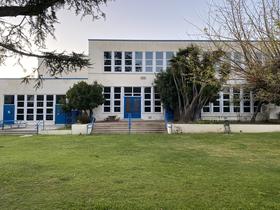Editor's note: I asked Melissa P. Earls, Head of School of Academy Hill School in Springfield, Massachusetts several questions about teaching gifted children. She very kindly offered the following answers. (I will disclaim that my youngest grandson attends Academy Hill School.) - Rob Kennedy
1. Why should parents consider sending their child to a school for gifted children?
Not every school is right for every child. And, even if a child is academically advanced, or gifted in any number of ways, a school that offers an enhanced, enriched curriculum with high expectations and increased rigor might not be the right fit. I would never push any school on any student. But, for our learners, and other students like them, Academy Hill is a terrific fit. We offer several programs that set us apart.
When looking for a school for a gifted child, it is critical that parents seek out an environment that will continuously engage the child in creative, student-driven tasks. It is important that the school allow core curriculum time and opportunities for students to pursue areas of interest in depth. It is imperative that the pace of instruction matches the student's ability to comprehend content, apply knowledge and acquire skills at faster speeds and with high proficiency. Because these children are usually eager learners, formative assessments, while necessary in any educational setting, may not be as frequent and certainly do not look the same as they would in other environments. For example, monthly, quarterly,




 Reasons Why You Would Consider Foreign Language Schools
Reasons Why You Would Consider Foreign Language Schools
































